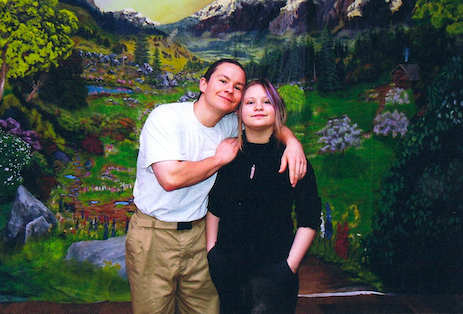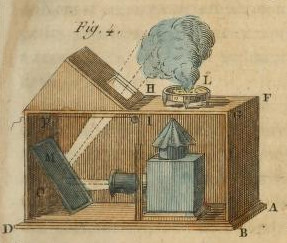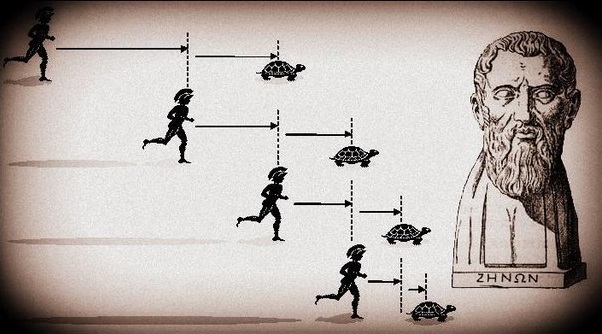Nonlinear Transformations: Phantasmagoria
Nathan Kimbrell has found purpose and direction from studying math while incarcerated. He hopes to pursue a graduate degree in the future.

The universe is alive and it seems to be an artisan.
What you assume can have a tremendous impact on how you perceive reality. A false notion begets a misconception, a misconception begets further misconceptions, and then you start to see the world nonsensically. Of course, you are also unaware of your disorientation. The result is a Wonderland in which you desperately try to find your way back from the rabbit hole you fell down, but only after realizing what has happened in the first place. This can take years or even a lifetime.
I speak from experience. The rabbit hole I fell into is prison, a place where you are forced to be with your own thoughts. Suppressing them through perpetual drunkenness isn't an option. Neither is there a steady supply of good drugs. It is then somewhat natural to begin examining your thoughts and why you have them. Things begin to change because you change the way you look at them.
My 1972 edition textbook of Algebra 2 and Trigonometry changed too. At first, it was an inanimate object with recipes, no different than a cookbook. Only after perceiving my dialogue with this so-called cookbook did I realize that its contents had a form of sentience. Our conversations began to enhance my understanding. Other books came and went, but the sensation that emanated from them transcended into a reality that came to life itself.
The universe is alive and it seems to be an artisan. However, not even the universe and all its grandness can supply you with the experience and benefits you receive from learning from other people. I didn't appreciate this fully when I started to do differential equations. At the time, all I knew was that there was so much more out there and that I needed direction and help. After I signed up for the Prison Mathematics Project, I met my friend and mentor, Chris.
To say that Chris has a wealth of knowledge is an understatement. It also fails to underscore his indelible patience. I ask a ton of questions. I insist on doing every single problem in the books I use. I can be pedantic, and I'm not the most consistent. Despite this, he never fails to fill his messages with insight and substance. Sometimes it's over my head, but the epiphanies are never-ending. I can think of a recent example.
The set of antipodal points on the $S^3$ sphere defined as members of the equivalence classes ${q, -q}$ such that $q \in S^3$ correspond to rotations in $\mathbb R^3$. It turns out that this isn't only a 2 to 1 homomorphism, but it's also something called a double cover. The way he put it, the space around the antipodal points looks like the space we are mapping to, so we can look at the spaces around the antipodal points as two copies of that space.
That is a wonderful idea full of potential. What I really take away is something entirely different: we can look at things from varying perspectives. We can change the way we look at things at will and with very little time between. With a blink of an eye, we can change our reality like a self-induced fit of phantasmagoria. That's huge!

I could write books thanking Chris and everyone at the PMP, but it wouldn't be commensurate. How do you thank people who give you freedom behind prison walls? I suppose the answer is to give it to others. I started a math club recently at the prison I'm located at. The men who predominantly signed up aren't in the demographic that most expected. These are the guys that are in trouble a lot.
Maybe this surprises you too. I invite you to reexamine your assumptions. We all have a lot to learn together, especially on my end. I mean, it makes intuitive sense that SO(3) is a simple group, but could we find a simple proof of this? The proof I'm reading is complete bonkers!



